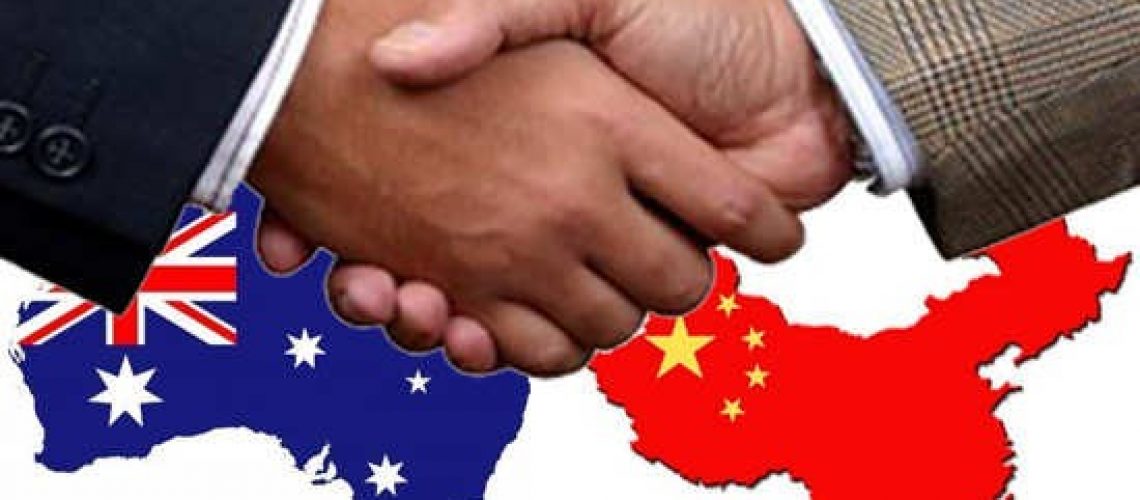It’s been on the table for a while, but it seems the free trade agreement (FTA) between China and Australia is becoming reality on our shores. On the 17th of June 2015, the trade agreement was officially signed and it was set to increase market access for Chinese buyers in the Australian beef and wine industry. But it was not until recently that people have felt the brute force of how this agreement has affected our economy.
The Clinch
A few weeks ago, ABC’s Four Corners aired an exposé about the exploitation of foreign workers in the agriculture industry, leaving a bitter taste in audience’s mouth. Knowing these facts, many believe that by signing this FTA, it undermines many Australians expectation of industrial fairness for overseas workers. Not only that, but it may have heavy implications for domestic industry as well. Australians are all about giving everyone ‘a fair go’, in theory (and in an ideal world) with this free trade agreement with China should also affect workers employed overseas as a result of the agreement.
However, even by simply observing the current foreign worker visa scheme in Australia, many are not hopeful. The present scheme gives an employer the power to maintain the foreign employee’s residency in Australia. This means they are more vulnerable to underpayment and are less likely to report safety concerns.
So What?
I have been challenged to ask this question at the end of my posts from now on. Honestly, I think it is a great question to ask! Sometimes you read these blogs and wonder why you spent a good five minutes reading an article and hopefully, by answering this question, that pondering my disappear from your thoughts.
As we consider the state of employment of not only migrant workers in Australia but also the working conditions overseas, we begin to question the process of HOW our food goes onto our plate. Furthermore, since the free trade agreement signed allows Australian purchasers to have easier access to the cheaper Chinese products, we have to consider the methods agricultural products arrive at our table.
If you own a restaurant, this free trade agreement will affect the ethics of the purchased products. The cheaper Chinese products may be more enticing for the business (cheaper products means a higher revenue) but at whose expense is it? Consider the deplorable working conditions set by some Chinese business in the country-side. Furthermore, we all know the food safety scandals that break out in China. Don’t risk succumbing your customers to a bout of food poisoning because you wanted to make a profit for your business. Consider using an Aussie product, that is renowned for its high food safety standards with a good work safety record to match whenever possible!
As a producer, give your foreign visa workers ‘a fair go’! Australia is one of the most expensive countries to live in, and a proper wage might help them make it through daily life! I met a young couple who work in regional New South Wales late last year and they told me how hard they work so they can stay in this beautiful country. They wish to move to the city but with such low incomes, they can not even fathom paying more rent with their very low pay. So I sit here, as a privileged blogger, pleading producers to reconsider the pay you may be giving to your foreign employees. Just because they don’t voice it, doesn’t mean they feel fairly treated.
If you would like more information on this topic or get the source URL for this article, then email us at [email protected]
